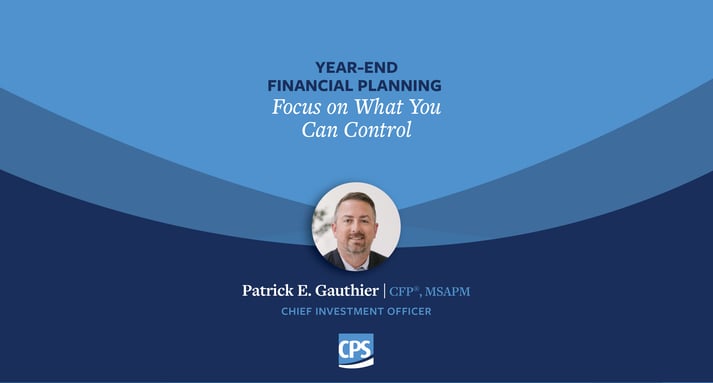Dividends and Buybacks: Strategies for Sustainable Income and Growth
You're likely familiar with the timeless financial adage: "Pay yourself first." It underscores the importance of prioritizing savings and investments. Yet have you assessed whether your investments are effectively paying you first?
Let's delve into dividends, the quintessential reward for shareholders. Dividends signify a company's willingness to return capital to shareholders, offering a direct share of profits without necessitating the sale of shares. Notably, consistent dividend growth often mirrors sound corporate management, whereas a reduction in dividends may signal operational challenges. The negative impact of dividend cuts extends beyond immediate income loss; it can erode investor confidence, leading to share price declines and potential capital losses. Moreover, once a company initiates dividend payments, it typically commits to sustaining them, underscoring its steadfastness during adverse market conditions.
Now, the pivotal question arises: can dividends withstand the erosion of inflation? Historical data suggests they can. Over decades, prominent U.S. companies have grown dividends at a rate surpassing inflation. Even amid today's inflationary pressures, the S&P 500 continues to exhibit robust dividend growth, with a noteworthy 7.33% dividend growth rate recorded last year. According to the rule of 72, with a 7% rate of return, it would take approximately 10.29 years for your investment to double, demonstrating the potential for long-term wealth accumulation through dividend growth.
However, it's worth noting that popular growth stocks often forego dividends in favor of reinvesting profits into expanding the business. While these stocks may offer the potential for capital appreciation, they may not provide the steady income stream that dividends do. As a result, those looking for income would need to sell their shares to generate cash. This can be challenging, especially in retirement, as most retirement plans require steady income, even when the market is down.







